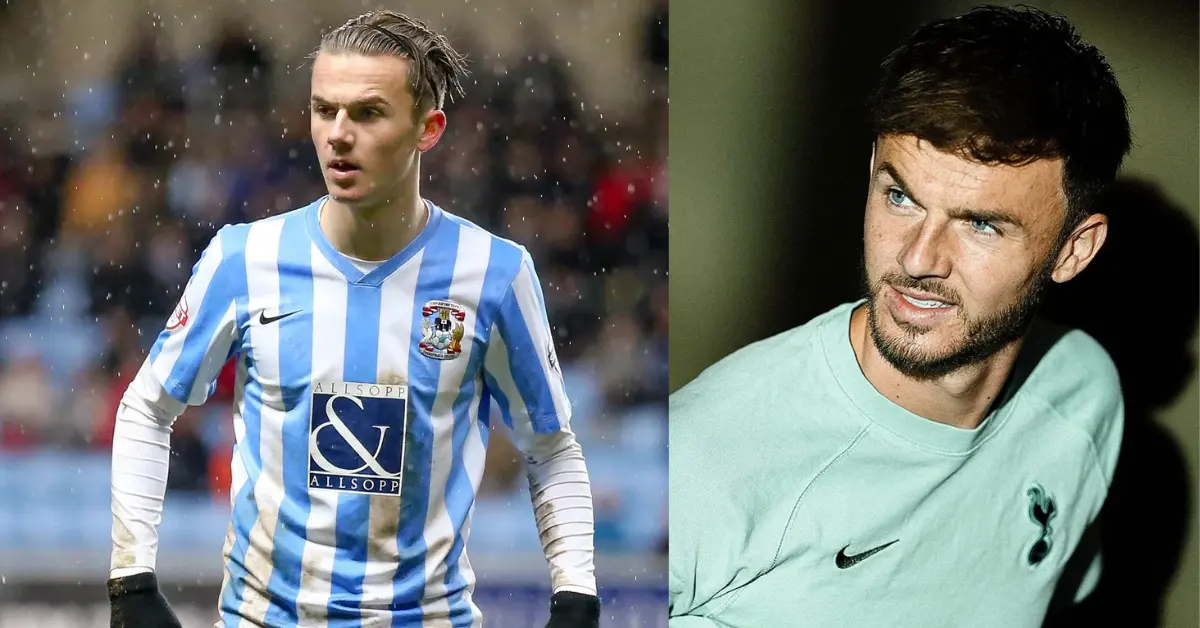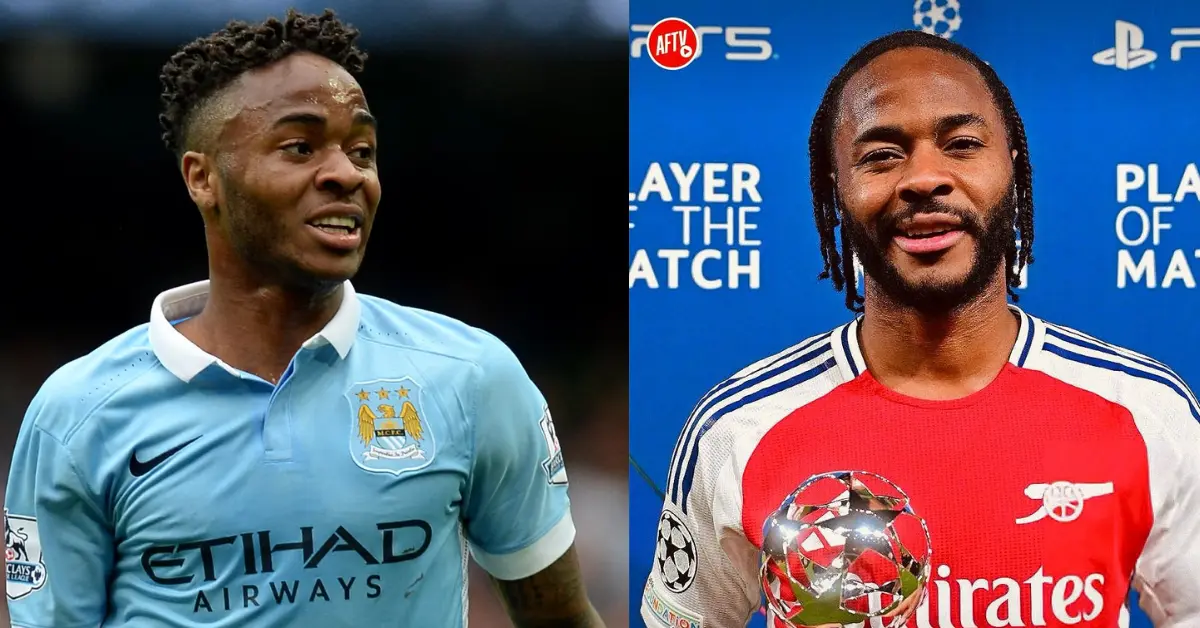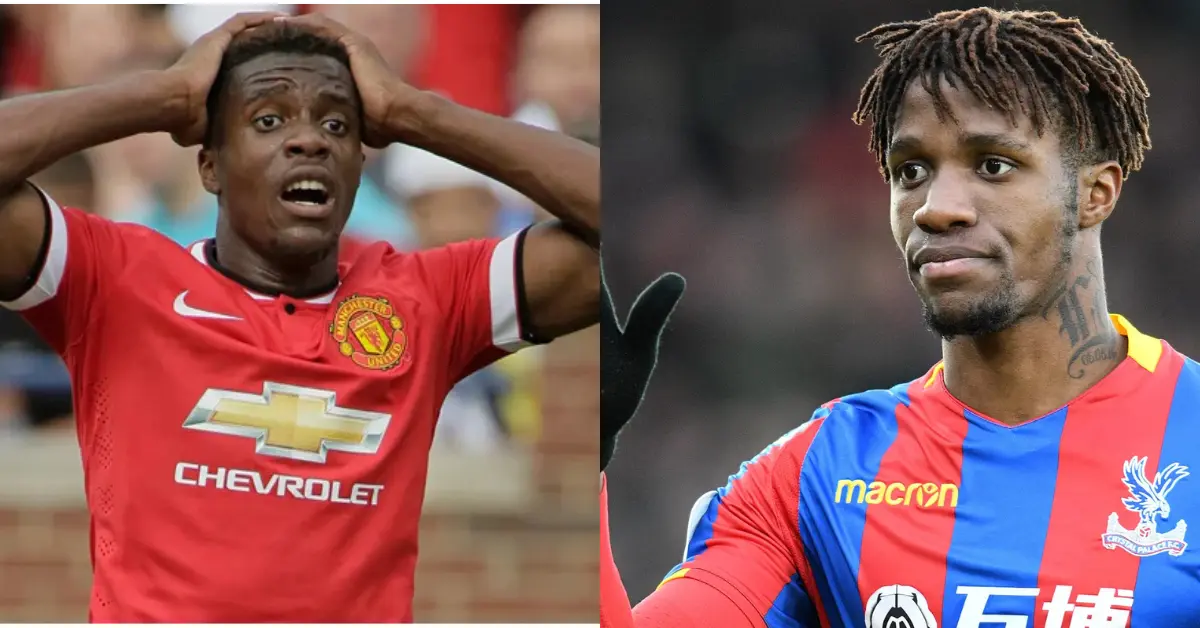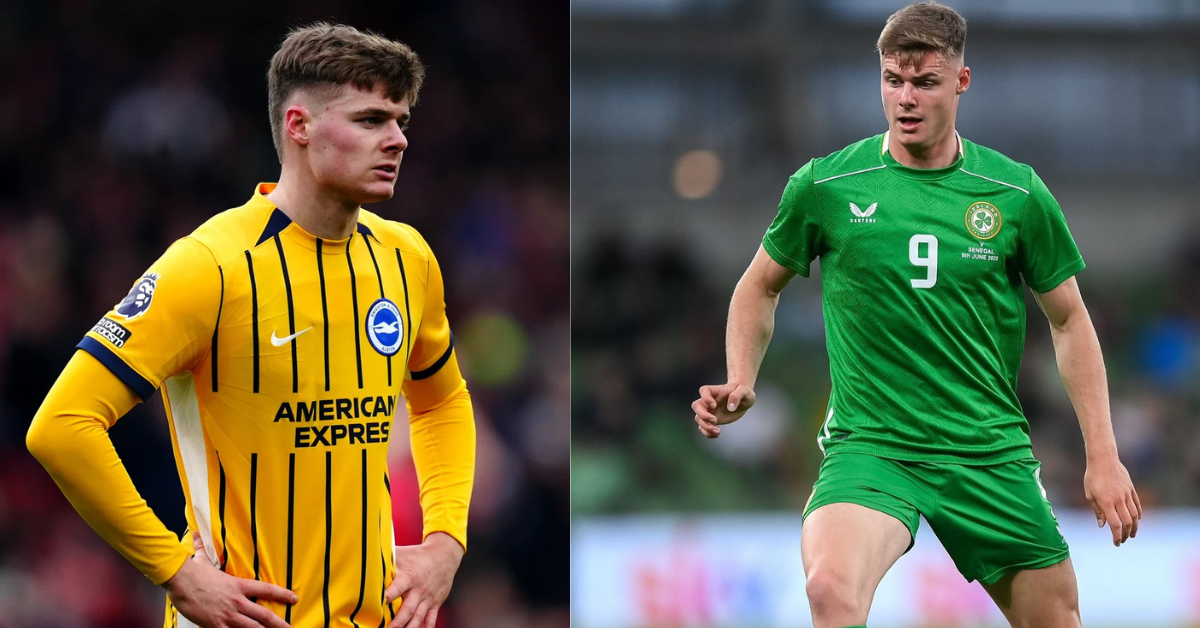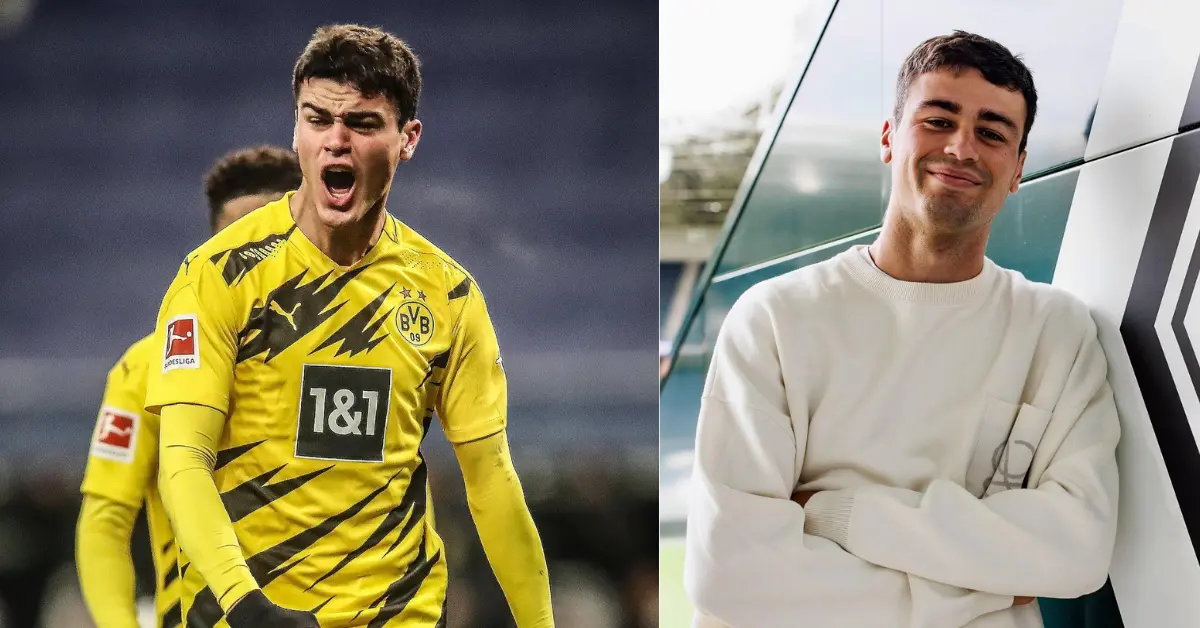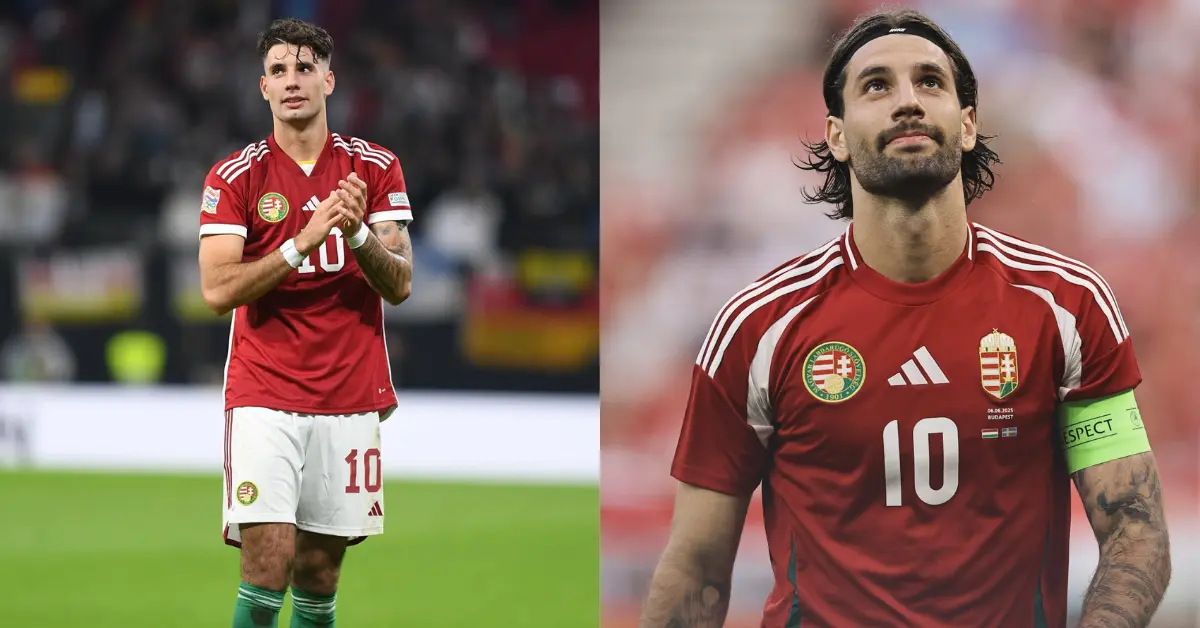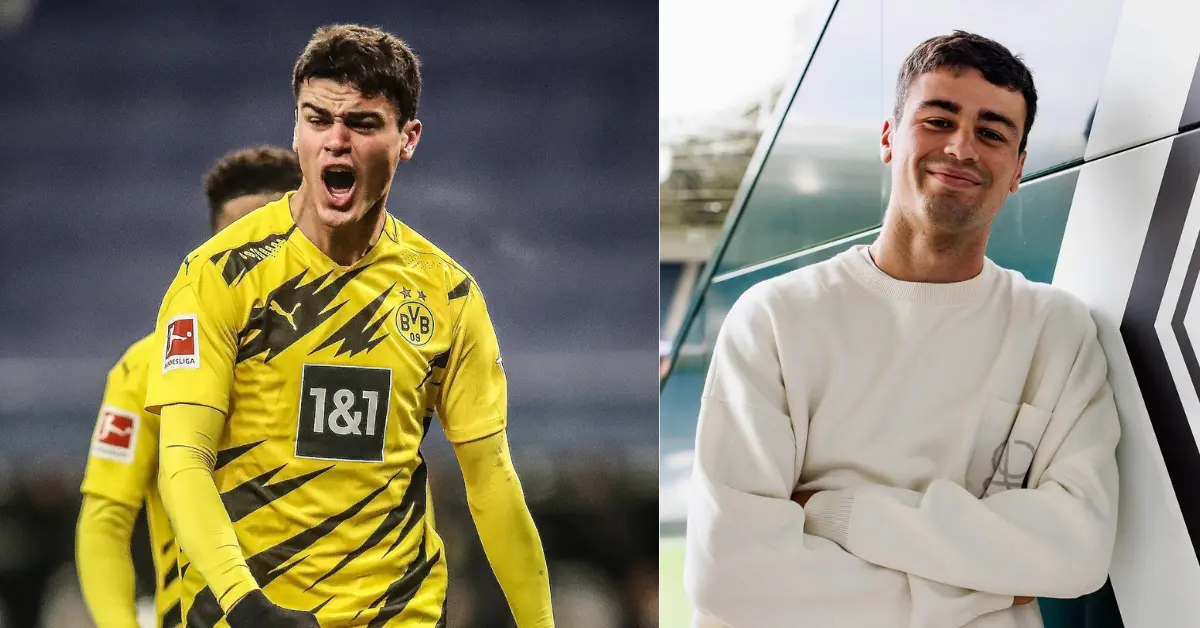Timo Werner Then and Now
As the football world enters 2025, Timo Werner stands at a pivotal point in his career—a player once scrutinized under the brightest lights of English football, now reborn as a key figure in both club and country.
Once labeled a “missed project” at Chelsea, Werner has re-emerged as a lethal, intelligent, and emotionally mature striker, reclaiming his place among Europe’s most respected forwards.
Then: The Rise of a Bundesliga Phenomenon (2013–2020)
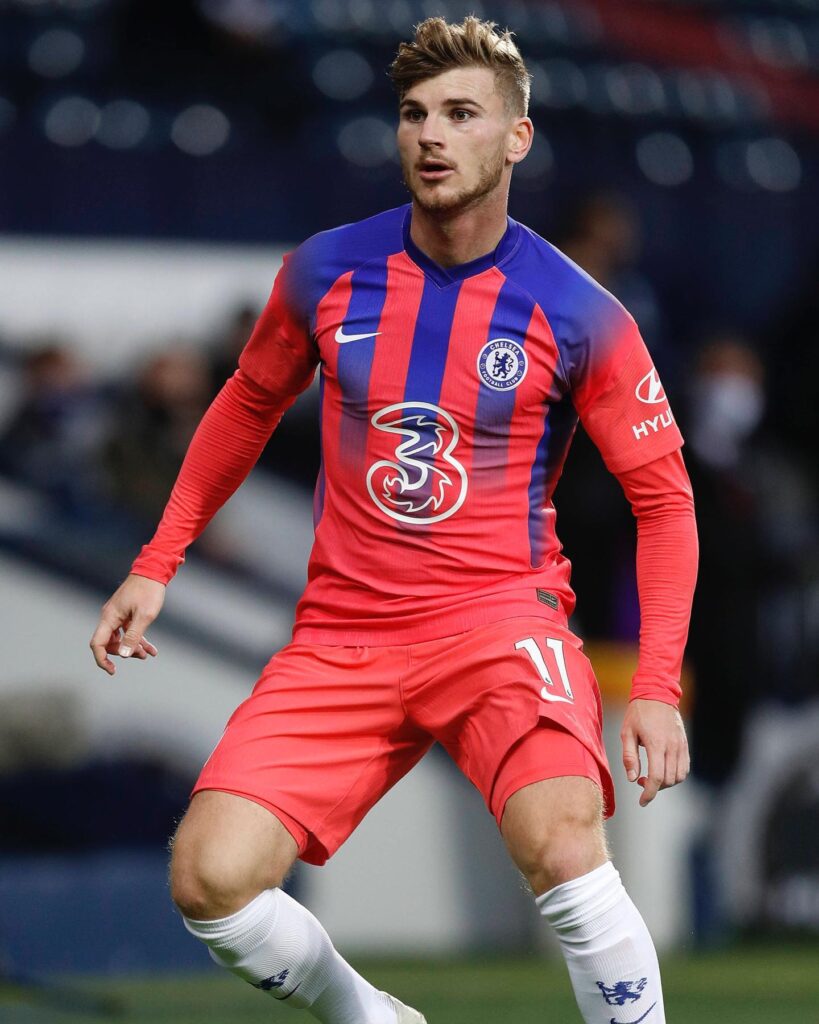
1. Early Career and Breakthrough at RB Leipzig
Born on March 6, 1996, in Stuttgart, Germany, Timo Werner began his football journey in VfB Stuttgart’s youth academy. His speed, movement, and clinical finishing quickly set him apart.
In 2016, at just 20 years old, he transferred to RB Leipzig, then a rising force in the 2. Bundesliga. His impact was immediate:
- Helped Leipzig earn promotion to the Bundesliga in his debut season
- In the 2016–17 top-flight campaign, he scored 21 goals, becoming the youngest player to reach 20+ goals in a Bundesliga season
His blistering pace, off-the-ball intelligence, and knack for scoring in transition made him a standout in a league known for high-intensity, counter-attacking football.
2. Record-Breaking Achievements and National Recognition
By 2019, Werner had cemented his status as one of Europe’s most promising strikers:
- Top scorer in the 2019–20 Bundesliga season with 32 goals (the most in a 34-game season at the time)
- Named Bundesliga Player of the Season (2019–20)
- A key figure in Leipzig’s rise to Champions League contention
His performances earned him a €53 million move to Chelsea FC in June 2020—a transfer that marked the beginning of a turbulent, transformative chapter.
Related: Yeremy Pino Then and Now
The Transition: Struggles at Chelsea and a Return to Roots (2020–2023)
1. The High-Profile Move to Chelsea
Werner’s arrival at Chelsea was met with excitement. He was seen as the perfect fit for Frank Lampard’s fast-paced, pressing system. However, his time in England was defined by missed chances, adaptation struggles, and persistent criticism.
Despite his undeniable qualities—pace, work rate, defensive pressing—his finishing in front of goal became a major talking point. Fans and pundits questioned his confidence and composure, especially in high-pressure moments.
Still, he contributed:
- Played a role in Chelsea’s 2020–21 UEFA Champions League victory, though he didn’t score in the knockout stages
- Won the UEFA Super Cup and FIFA Club World Cup in 2021
- Known for his selfless pressing and tactical intelligence, even when not scoring
2. Loan to RB Leipzig (2022–2023)
In search of form and confidence, Werner returned to RB Leipzig on loan for the 2022–23 season. The move was a homecoming and a reset.
Back in familiar surroundings and under a system that maximized his strengths, he rediscovered his scoring touch:
- Scored 16 goals in 33 appearances
- Regained his explosive pace and movement
- Reconnected with German fans and media
The loan was widely seen as a success, setting the stage for a permanent return.
Related: Ansu Fati Then and Now
Now: The Renaissance – Back in Germany and Back to Form (2024–2025)
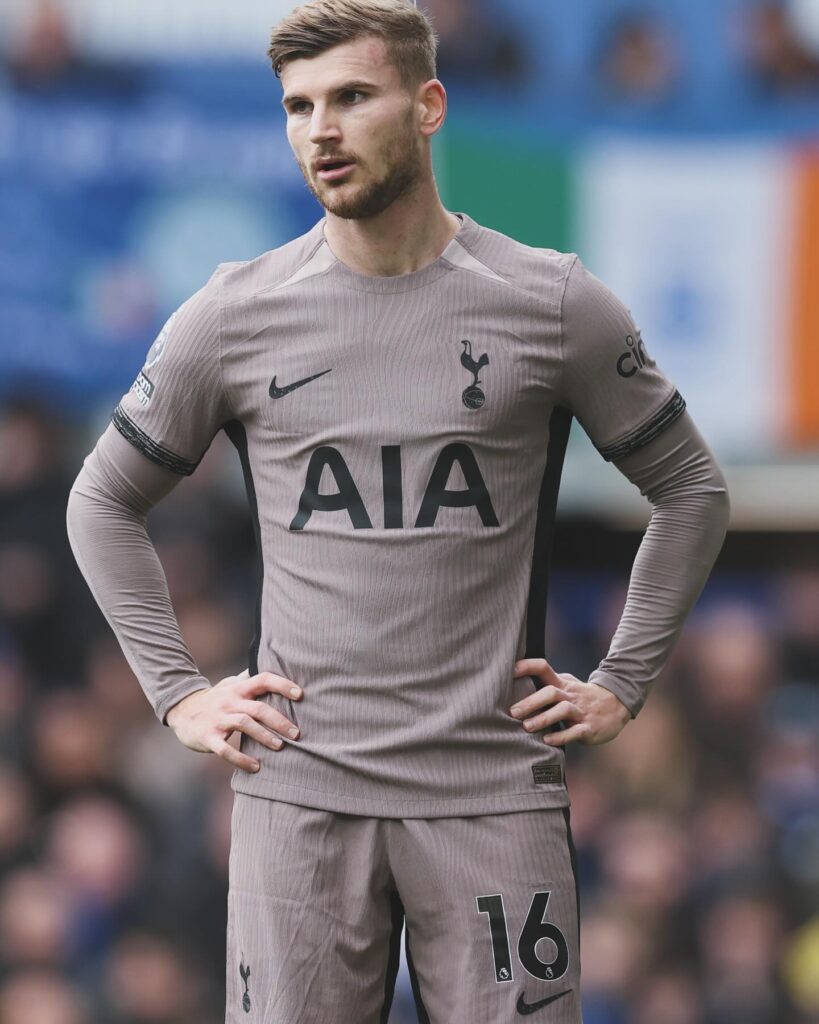
1. Permanent Return to RB Leipzig (2024)
In July 2024, RB Leipzig completed the permanent signing of Timo Werner from Chelsea for a modest €15 million—a symbolic full-circle moment.
Now 28 years old and wiser, Werner returned not as a prodigy, but as a veteran leader. Under new coach Marco Rose, he was repositioned as a false nine and attacking midfielder, leveraging his movement, link-up play, and pressing rather than relying solely on finishing.
2. Evolution as a Complete Forward
By 2025, Werner had transformed his game:
- Fewer traditional striker duties, more creative involvement
- Higher assist numbers, using his speed to create space for others
- Improved decision-making and composure
- Leadership on and off the pitch—named vice-captain at Leipzig
His goal tally remained strong (14 goals in 30 Bundesliga games in 2024–25), but more importantly, he was influencing games in multiple ways—a complete forward reborn.
3. Revival with the German National Team
After being left out of the 2022 FIFA World Cup squad under Hansi Flick, Werner fought his way back under Julian Nagelsmann, who took over as Germany’s head coach in 2023.
By 2025, he was a key figure in Germany’s Euro 2024 campaign, contributing:
- Vital goals in qualifying
- Tireless pressing in Nagelsmann’s high-intensity 4-2-3-1 system
- Leadership in a young, evolving squad
Though Germany exited in the semifinals of Euro 2024, Werner’s performances were widely praised. He scored 3 goals in the tournament and was named Man of the Match in the quarterfinal win over Switzerland.
4. Tactical Intelligence and Modern Role
Werner’s 2025 resurgence is not just about goals—it’s about adaptability. He has embraced the modern evolution of the forward role:
- Pressing trigger in Leipzig’s gegenpressing system
- False nine and inside forward in Nagelsmann’s fluid attack
- Mentor to younger players like Florian Wirtz and Youssoufa Moukoko
His pace remains elite, but it’s now combined with greater maturity, spatial awareness, and tactical discipline.
Related: Karim Adeyemi Then and Now
Personal Life and Public Image
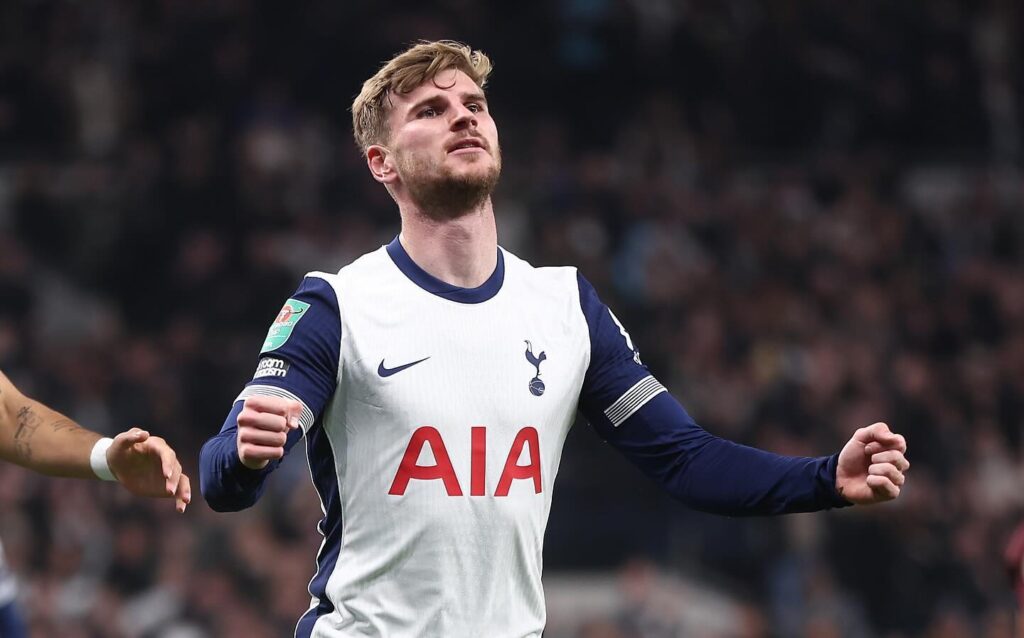
Werner has always been known for his calm demeanor, humility, and professionalism. In 2025, he is married to Lisa Kousoulidou, a Greek model, and they have a daughter. The family splits time between Leipzig and Athens, reflecting his deep personal ties.
He’s active on social media (over 5 million Instagram followers), where he shares glimpses of family life, training, and his love for anime, video games, and pop culture—earning him the nickname “The Geek Striker” among fans.
He also supports charity initiatives in Germany and Greece, particularly in youth education and mental health.
Related: Reece James Then and Now
Cultural Impact and Legacy
Timo Werner’s story is one of redemption, resilience, and reinvention. He represents a new narrative in football:
- A player judged harshly in the English media, yet able to rebuild his career with self-belief
- Proof that not all transfers to the Premier League must end in glory to be meaningful
- A symbol of German football’s ability to nurture, critique, and welcome back its own
He’s also part of a broader shift—where pace, pressing, and intelligence are valued as much as traditional goal records.
Conclusion: Timo Werner – Then and Now (In 2025)
- Then: A 24-year-old Bundesliga superstar, hailed as Germany’s next great striker, stepping into the Premier League spotlight with sky-high expectations.
- Now: A 28-year-old veteran, reborn in his footballing home, playing with wisdom, fire, and purpose—leading RB Leipzig and contributing to a new era for the German national team.
Timo Werner’s journey is not a fairy tale. It’s better.
It’s real.
It’s the story of a man who faced doubt, criticism, and setbacks—and chose to run faster, work harder, and think smarter.
As he enters the final peak years of his career in 2025, one thing is clear:
Timo Werner isn’t chasing redemption anymore.
He’s defining his legacy.
🔥 “I don’t need to prove anything to anyone. I just need to be ready when my team needs me.” – Timo Werner (2025)
Related: Jordi Alba Then and Now

